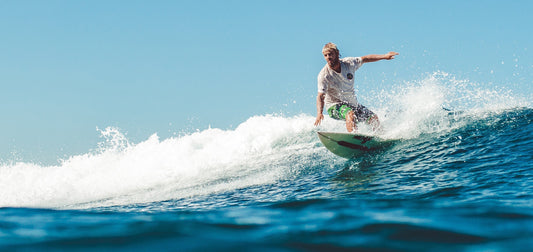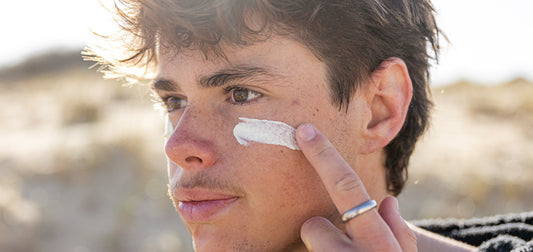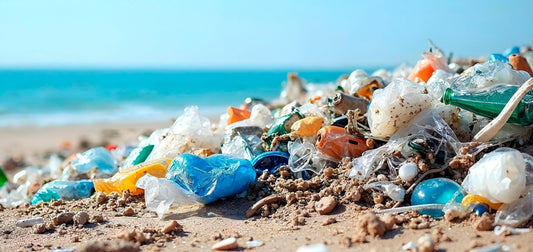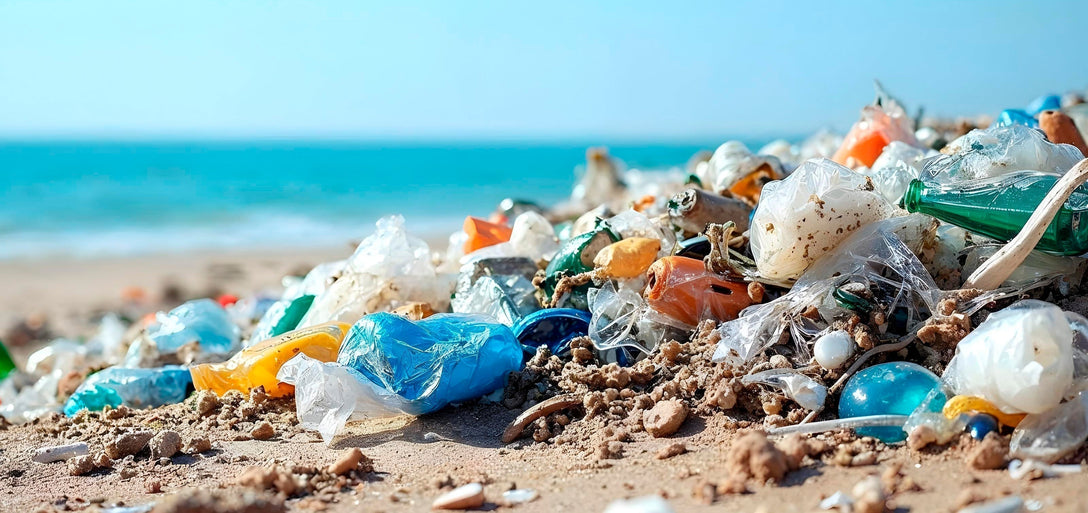
Microplastics in Sunscreen The Hidden Threat to Our Oceans
When we think of sunscreen, we usually focus on its ability to protect our skin from harmful UV rays. However, what if the sunscreen we trust to shield us is unknowingly contributing to a much bigger environmental problem? Microplastics—tiny, often invisible particles—are quietly entering our oceans and ecosystems through everyday products, including sunscreen.
This blog post uncovers the hidden truth behind microplastics in sunscreens, their devastating impact on marine life, and how Aiguadolç is leading the way with eco-friendly alternatives that protect both your skin and the environment.
What Are Microplastics, and Why Are They in Sunscreen?
Microplastics are small plastic particles, less than 5mm in diameter, that are often used in personal care products to enhance texture, spreadability, or improve product performance. Sunscreens are one of the most common sources of microplastic pollution, and their presence in these products is alarming.
Many sunscreens contain synthetic materials, commonly used as "smoothing agents," that break down into microplastics in water. Once they enter the ocean, they do not biodegrade. The result? These tiny particles accumulate in marine ecosystems, posing a significant threat to ocean life.
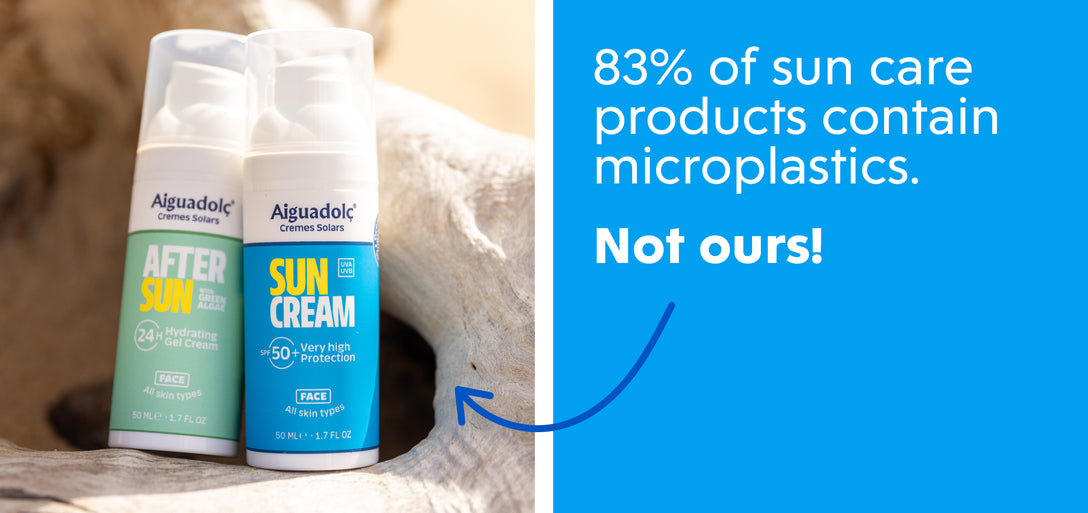
How Common Are Microplastics in Sunscreens?
Studies show that up to 83% of popular suncare products contain microplastics or ingredients that degrade into microplastics when exposed to water. This widespread contamination is a major contributor to the growing problem of marine pollution. Microplastics can persist for decades in the oceans, disrupting marine ecosystems and entering the food chain through ingestion by marine animals.
The Harmful Effects of Microplastics in Oceans
Once microplastics are released into the ocean, they have a devastating effect on marine life. In addition to chemical pollutants like oxybenzone and octinoxate—which are common in sunscreens and contribute to coral bleaching—microplastics act as a silent invader. Marine animals mistake these particles for food, ingesting them unknowingly.
The consequences are dire:
- Marine animals ingesting microplastics face severe health issues, including reproductive problems, digestive blockages, and sometimes death.
- Coral reefs, which host 25% of marine species, are particularly vulnerable. Sunscreen microplastics contribute to reef degradation, making it even harder for coral ecosystems to thrive.
In fact, it’s estimated that 14,000 tons of sunscreen enter coral-rich waters every year. This is part of the reason why coral reefs around the world are suffering at an alarming rate.
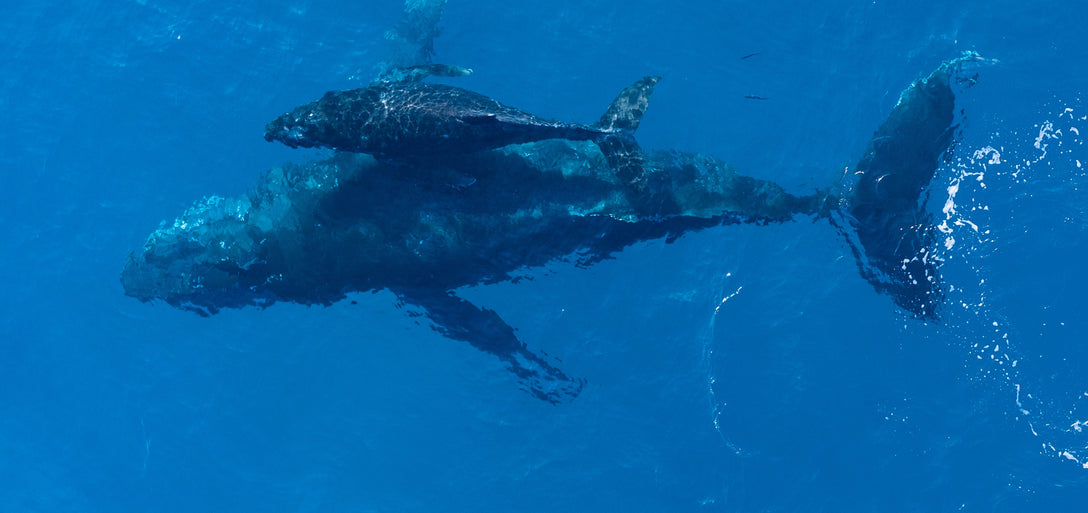
How Aiguadolç Is Taking Action Against Microplastic Pollution
The good news is that we can all take small steps to reduce microplastic pollution by making informed choices about the products we use.
At Aiguadolç, we’re committed to offering eco-friendly alternatives. Our Aiguadolç SPF 50+ Sun Cream provides sun protection without contributing to the growing issue of microplastic pollution.
Here’s why our sunscreen is different:
- 100% Toxic-Free Formula: Free from harmful microplastics, parabens, and chemicals.
- Reef-Safe & Skin-Safe: Made with ingredients that are gentle on the skin and safe for marine life.
By choosing Aiguadolç Sun Cream, you’re not only protecting your skin but also supporting the health of the oceans and marine life. It’s one simple switch that can make a world of difference.
Protecting Your Skin and the Ocean: Aiguadolç’s Commitment to Sustainability
Sunscreens are not just about protecting our skin; they should also protect our oceans. At Aiguadolç, we understand the importance of creating products that minimize our environmental footprint. The microplastics found in many conventional sunscreens are not just harmful to marine ecosystems—they can also linger on your skin, washing off into the water and disrupting delicate oceanic balance.
Our Sun Cream is specifically designed to offer reliable sun protection while ensuring no harmful particles are left behind in the water. By choosing Aiguadolç, you’re not only safeguarding your skin but also helping preserve the oceans for generations to come.
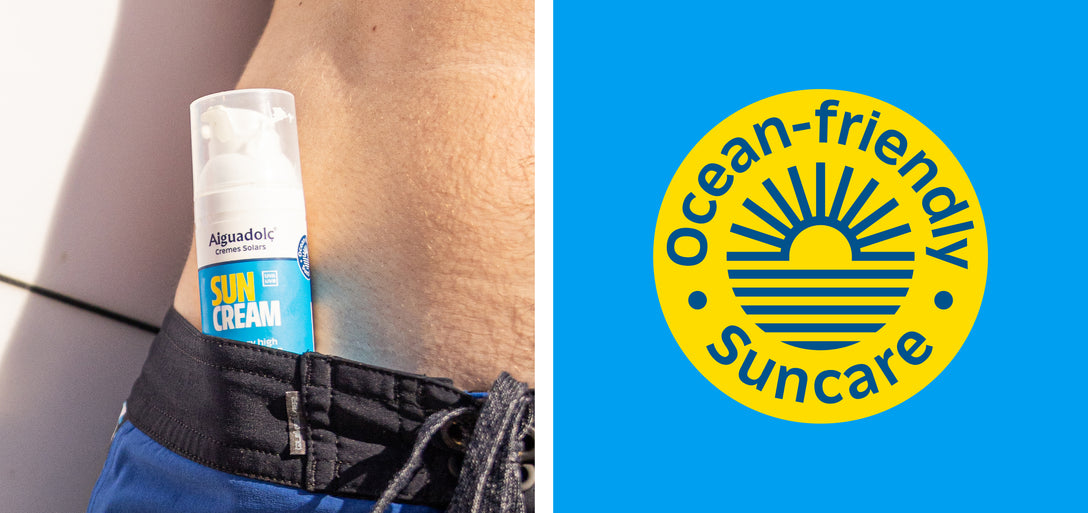
The Importance of Choosing Microplastic-Free Sunscreens
Choosing microplastic-free sunscreens is crucial for the health of our oceans and marine life. Microplastics, which can take hundreds of years to break down, are silently poisoning the water and entering the food chain. By opting for sunscreens that are free from these particles, you're making a positive impact on ocean conservation.
Aiguadolç Sun Cream is crafted with eco-conscious ingredients that protect your skin while leaving no trace in the ocean. It’s the perfect choice for those who want to protect both their skin and the planet.
More to Explore: Protect Your Skin, Protect the Ocean
For further insight into the dangers of harmful chemicals in sunscreens, we recommend reading our post on Toxic UV Filters in Sunscreen: What Every Surfer Needs to Know. Learn more about which UV filters to avoid and how they impact not just your skin but the marine ecosystems we’re all working hard to protect.
Conclusion: The Power of Your Choice
The connection between protecting your skin and the ocean is clear. By choosing sunscreens that are free from harmful microplastics, you’re helping reduce ocean pollution and safeguard marine life. Aiguadolç Sun Cream is formulated to provide reliable sun protection while leaving a minimal environmental footprint.
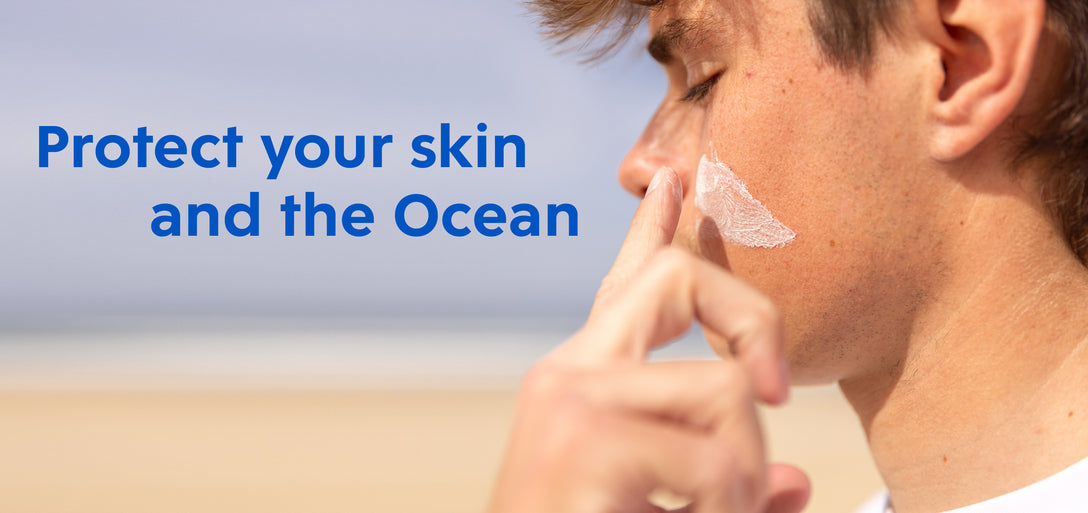
Your choice matters. By opting for Aiguadolç, you’re supporting a brand that prioritizes the health of both your skin and the planet. Join us in making a difference—protect your skin and the oceans, one sunscreen at a time.

